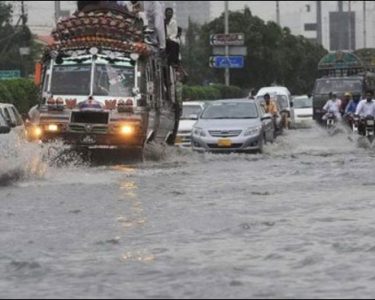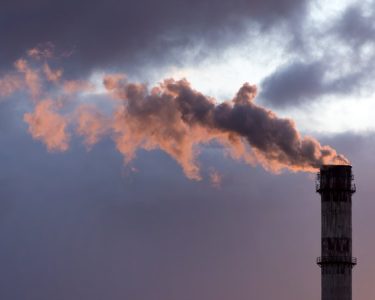Temperatures in India’s capital soared to a national record-high of 52.3 degrees Celsius on Wednesday, according to the India Meteorological Department (IMD). The IMD reported “severe heat-wave conditions” and recorded the temperature in the Delhi suburb of Mungeshpur, surpassing the previous national record in Rajasthan by one degree Celsius.
Record-Breaking Heat Wave
The temperatures recorded were 12 degrees higher than expected. Forecasters predict similar conditions on Wednesday for the city, which has an estimated population of over 30 million people. The IMD issued a red alert warning, indicating a “very high likelihood of developing heat illness and heat stroke in all ages,” and advising extreme care for vulnerable populations. Nighttime temperatures remain high as well.
Gradual Reduction in Heat Wave
The IMD stated that the heat wave in northwest and central India is “likely to reduce gradually” from Thursday. In May 2022, parts of Delhi experienced temperatures of 49.2 degrees Celsius (120.5 Fahrenheit), as reported by Indian media.
Impact of Climate Change
India is familiar with extreme summer temperatures, but years of scientific research have shown that climate change is causing heatwaves to become longer, more frequent, and more intense.
Water Scarcity Concerns
New Delhi authorities have also warned of potential water shortages as the capital endures the extreme heat. Water Minister Atishi Marlena has urged for “collective responsibility” in preventing water wastage. Measures have been taken to reduce water supply from twice a day to once a day in many areas. The saved water will be rationed and supplied to areas where the supply lasts only 15 to 20 minutes a day.
Delhi relies heavily on water from the neighboring states of Haryana and Uttar Pradesh, both of which have significant agricultural demands. The highly-polluted Yamuna river, a tributary of the Ganges, flows through Delhi, but its flow is significantly reduced during the summer months.
Scorching Winds and Regional Heat
Many attribute the soaring temperatures to scorching winds from Rajasthan, where temperatures on Tuesday reached 50.5 degrees Celsius. Rajasthan’s desert region of Phalodi holds the country’s all-time heat record, hitting 51 degrees Celsius in 2016.
Regional Heatwaves and Extreme Weather
Like India, Pakistan has also experienced a week-long heatwave, peaking at 53 degrees Celsius on Sunday in Mohenjo Daro in Sindh. The Met Office expects temperatures to subside from Wednesday but warns of further heatwaves in June.
Cyclone Remal’s Impact
Meanwhile, India’s West Bengal and the northeastern state of Mizoram have been affected by gales and heavy rains from Cyclone Remal, which hit India and Bangladesh on Sunday, resulting in at least 65 deaths. Bangladesh’s Meteorological Department described the cyclone as “one of the longest in the country’s history,” attributing the changes to climate change.
These extreme weather events highlight the urgent need for measures to address climate change and its impacts on human health, water resources, and overall quality of life.





